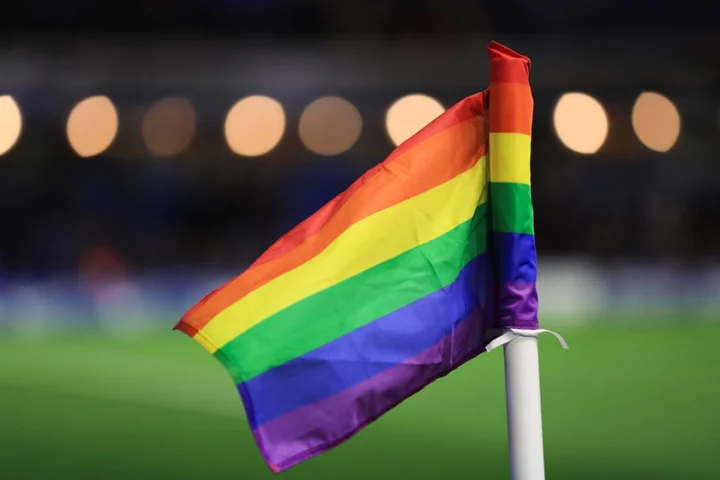Bisexual people experience worse health outcomes than other adults in England, a study has found.
Data from lesbian, gay or bisexual (LGB) patients indicates these groups have poorer health outcomes compared to those who identify as heterosexual.
The new findings indicate that bisexual people face additional health disparities within an already marginalised community.
Experts from the Brighton and Sussex Medical School, and Anglia Ruskin University who led the analysis of more than 835,000 adults in England, suggest the differences could result from unique prejudice and discrimination that can come from both mainstream society and LGBTQ+ communities.
Minority stress could put bisexual individuals at increased risk of psychological problems and negative behaviours – and ultimately at greater risk of poorer health outcomes
Professor Carrie LlewellynLead author, Professor Carrie Llewellyn, head of the department of primary care & public health at Brighton and Sussex Medical School, said: “Minority stress could put bisexual individuals at increased risk of psychological problems and negative behaviours – and ultimately at greater risk of poorer health outcomes.
“Our results suggest that there is a greater prevalence of long-standing physical health conditions amongst people identifying as LGB.
“Furthermore, nearly all LGB individuals across all gender responses in the survey felt less confident in managing their own health.”
Prof Llewellyn, added: “While it is well-established that persistent health disparities exist among LGB patients, very little is known about the specific experiences of bisexual people.
“Our study goes some way to addressing this gap – finding that bisexual people, especially women, have the worst experiences in healthcare and the worst health outcomes of any sexuality.”
The researchers used data from 836,312 adults – including 23,834 people who identified as LGB or ‘other’ – from Ipsos MORI’s 2015/16 English General Practice Patient Survey (GPPS).
The study compared the health outcomes of people identifying as LGB with heterosexual groups through their self-reported quality of life, physical and mental health, and confidence in managing their own health.
It found that long-term physical and mental health problems were more than twice as likely to be reported for people within LGB groups compared to heterosexual groups.
However, for bisexual women the odds were more than four times greater.
The research further suggests that bisexual women reported to be half as likely to be living without a long-term health condition.
LGB groups across the genders felt less confident in managing their own health and experienced significantly worse quality of life compared to heterosexuals, the study published in The Journal of Sex Research, suggests.
Prof Llewellyn said: “A better understanding of the different spectrum of health needs across LGBTQ+ subpopulations is required to provide adequate and equitable healthcare services for all.
“Modification of healthcare settings to increase perceived accessibility and providing services that better meet these specific health needs are essential.”
Read MoreCharity boss speaks out over ‘traumatic’ encounter with royal aide
Ukraine war’s heaviest fight rages in east - follow live
Cara Delevingne: Sobriety hasn’t been easy but it has been worth every second
What’s the coolest bedding to survive summer heat and night sweats?
Harry Judd: I had to learn to be less selfish when I became a father

